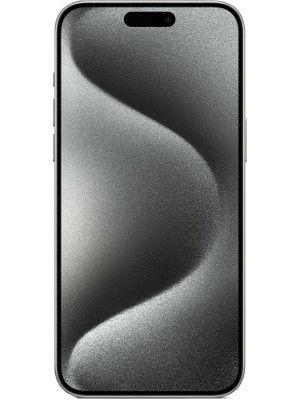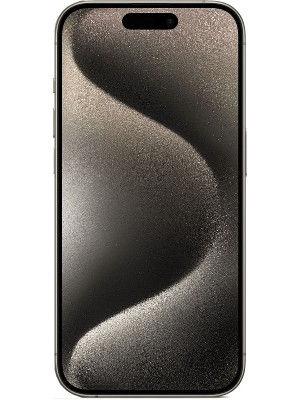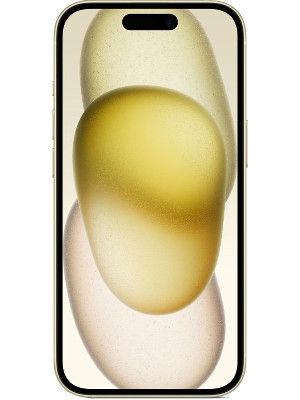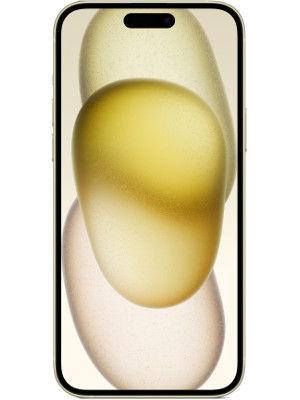Apple sued by US Department of Justice: Why claims of iPhone monopoly don’t make sense
DOJ alleges Apple's iPhone monopoly limits consumer choice and innovation, blames the company for the failure of rival products, and questions its stance on compatibility with Android devices.
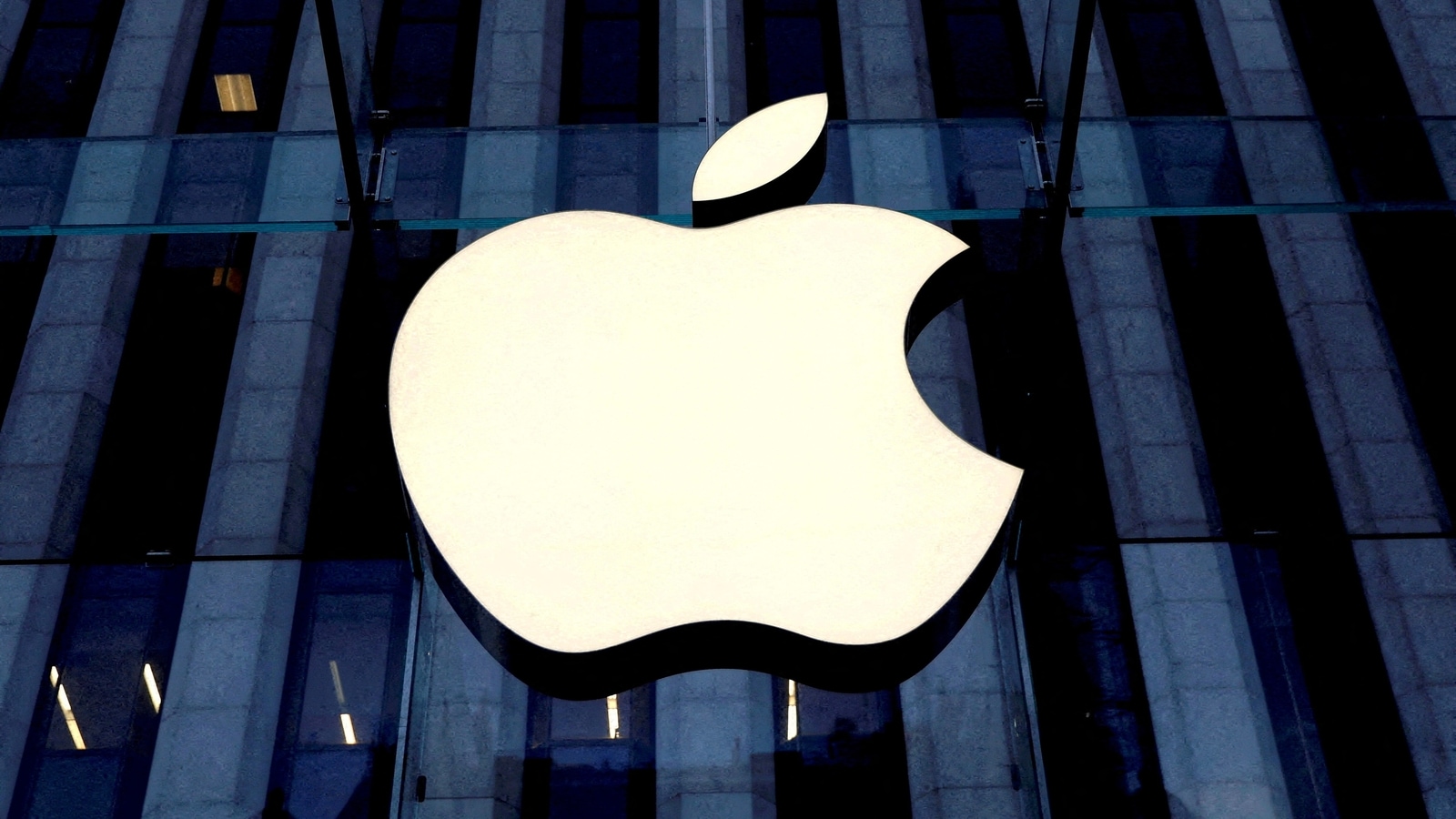
Apple has found itself in hot waters again, just months after it faced a lawsuit from Masimo over its blood-oxygen monitoring feature. This time, it faces the wrath of the US Department of Justice, whose lawsuit alleges that the iPhone maker has put up a walled garden that prevents its consumers from switching to rival brands.
Why the lawsuit?
According to the lawsuit filed in the US District Court for the District of New Jersey by the Department of Justice, 15 states and the District of Columbia, Apple's iPhone monopoly violates Section 2 of the Sherman Antitrust Act which makes it illegal to “monopolize, or attempt to monopolize, or combine or conspire with any other person or persons, to monopolize any part of the trade or commerce among the several States, or with foreign nations.”
Also Read: 10 things to know about US DOJ's accusations against Apple
In essence, the DOJ accuses Apple of creating a monopoly with its iPhone and related services in the US. While Apple has stayed ahead of the competition due to its own merit, but also by allegedly violating federal antitrust laws. Due to Apple's walled ecosystem, users are faced with fewer choices and often end up paying higher fees, while also having access to “lower quality smartphones, apps, and accessories”.
The lawsuit further alleges that this leads to less innovation from Apple as well as its competitors.
With its “exclusionary, anticompetitive conduct”, Apple allegedly not only makes its products better but also makes others worse. The lawsuit claims this happens in two ways:
1. Developers are imposed by contractual restrictions and fees. Bound by this, they tend to offer fewer features to iPhone users.
2. It degrades the functionality between the iPhone's operating system and third-party applications by restricting access to the points of connection. This also leads to an inferior performance of non-Apple accessories and apps. This allegation also highlights the issue of Apple Watches not being compatible with Android smartphones. Moreover, it also alleges that Android smartwatches do not have full functionality when paired with an iPhone, limiting the gadget's full potential.
Also Read: How Europe's regulatory battle with Apple could signal what's to come for American consumers
The DOJ also alleges that the iPhone maker has stifled the emergence of super apps and cloud-streaming apps, both of which could lessen the dependence on Apple's ecosystem as well as its expensive hardware. The RCS messages and ‘green bubbles' issue have also been reiterated, which incorporates limited functionality. As per the lawsuit, this creates a perception that rival smartphones are inferior.
Why it does not make sense
While the allegations posed in the lawsuit are far-reaching, most of them don't really make any sense simply due to the fact that consumers are smart and Apple does not force them to buy their iPhones. For starters, the RCS messages issue is already being solved. A few months ago, the iPhone maker announced that it is working to bring this feature to iPhones starting with iOS 18. So, accusing Apple of not providing a feature that it is already working on does not make sense.
Furthermore, Apple already opened up its App Store to cloud-streaming services including gaming, which again makes the allegation of suppressing cloud-streaming apps redundant.
The lawsuit also blames Apple for the failure of other products such as the Amazon Fire smartphone, Microsoft's smartphone as well as HTC's device. However, anyone who has actually seen the Amazon Fire phone can grasp that it was due to terrible hardware supported by equally terrible software. Thus, if a company makes a bad product, it does not make sense to blame Apple for its failure just because it is the best in the business. It is the same as blaming Elon Musk's Tesla for the failure of Fisker, which also went bankrupt on its own accord, and not Musk ‘out-geniusing' the Fisker engineers.
Also Read: Apple Watch ban explained - How Masimo accused Apple of infringing pulse oximetry patents
The DOJ has also accused Apple of Apple Watches not supporting Android, but considering Samsung Galaxy Watches or Google's Pixel Watch does not support iOS either, so is Apple the only one to blame? Moreover, if Apple already has a good enough ecosystem that makes users' lives easier, there are zero reasons for it to make Apple Watches compatible with Android too.
Simply stated, other smartphones, devices, and ecosystems exist, which rival brands have spent billions developing. So, blaming Apple for creating a monopoly simply because its smartphones are the best in the business and are preferred by many, reeks of vendetta against the company whose annual revenue is greater than the GDP of nearly 100 countries. Will Apple succumb to the DOJ's allegations and provide an equally rich experience to Android users? We will see.
One more thing! We are now on WhatsApp Channels! Follow us there so you never miss any updates from the world of technology. To follow the HT Tech channel on WhatsApp, click here to join now!
Catch all the Latest Tech News, Mobile News, Laptop News, Gaming news, Wearables News , How To News, also keep up with us on Whatsapp channel,Twitter, Facebook, Google News, and Instagram. For our latest videos, subscribe to our YouTube channel.

